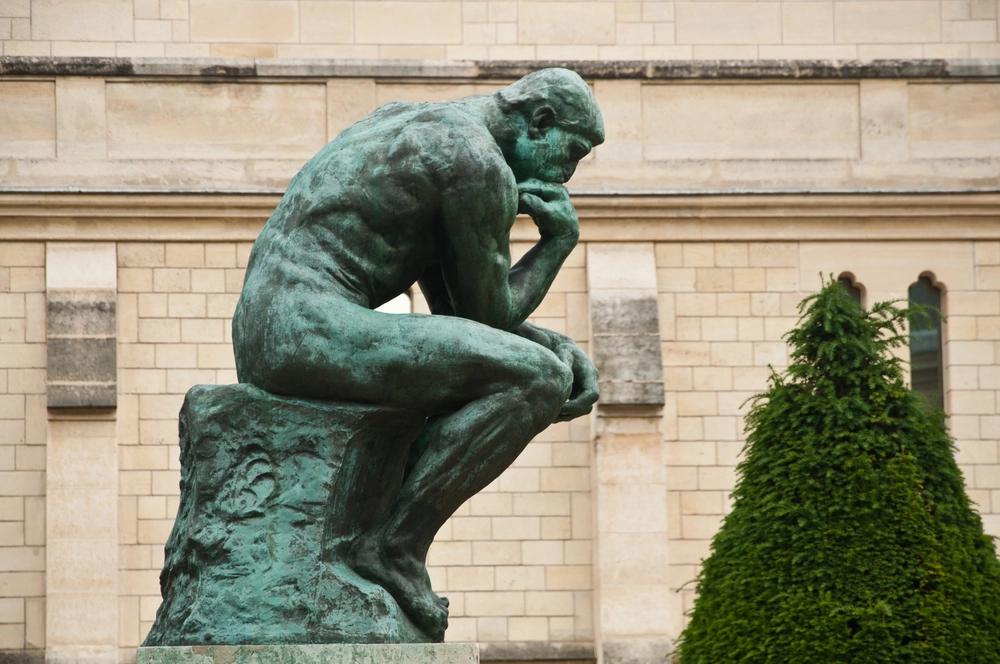Commentary
One of Robson’s Rules of History is “Never attack the Anglosphere.” Doing so might seem redundant these days given the harm we’re already inflicting on ourselves, from fiscal policy to gender. But free societies possess an extraordinary resilience tyrannies can neither understand nor match. And the runner’s faltering steps, laboured breathing, and uneasy looks in China’s “Hundred Year Marathon” show a serious problem.





